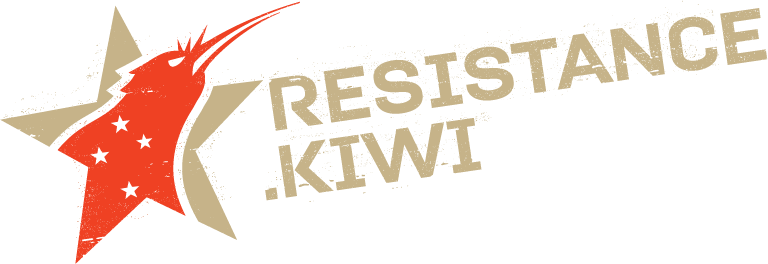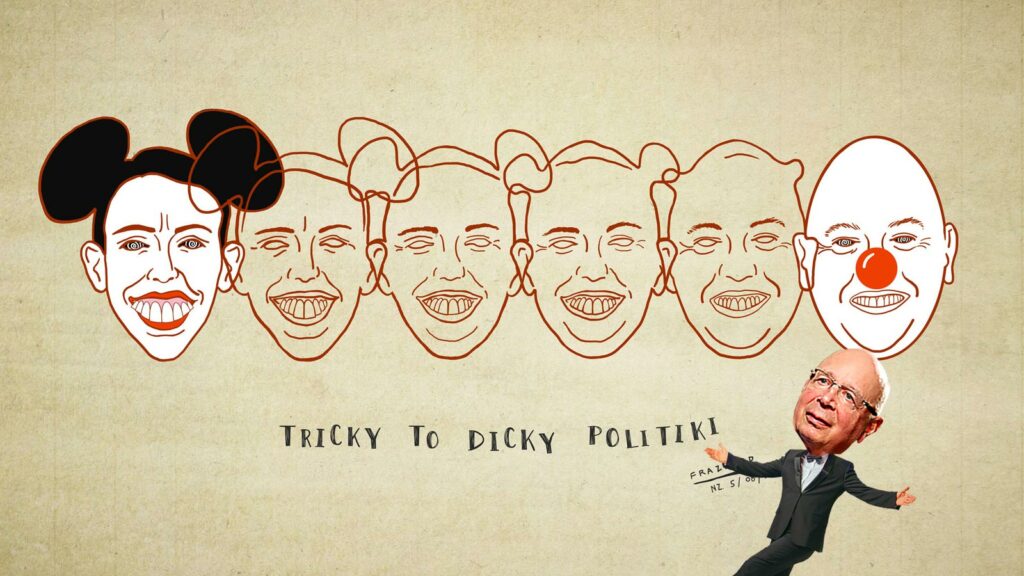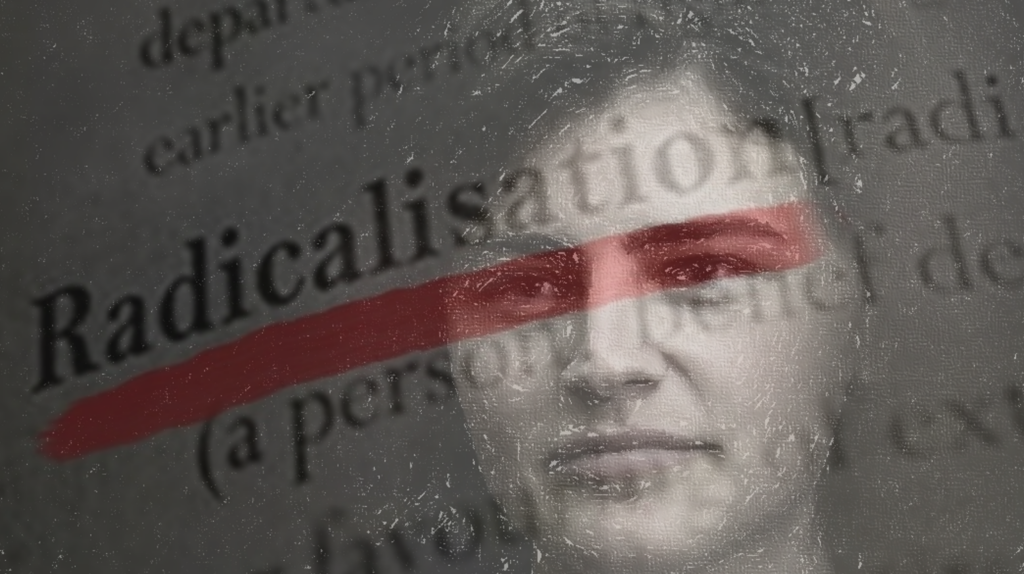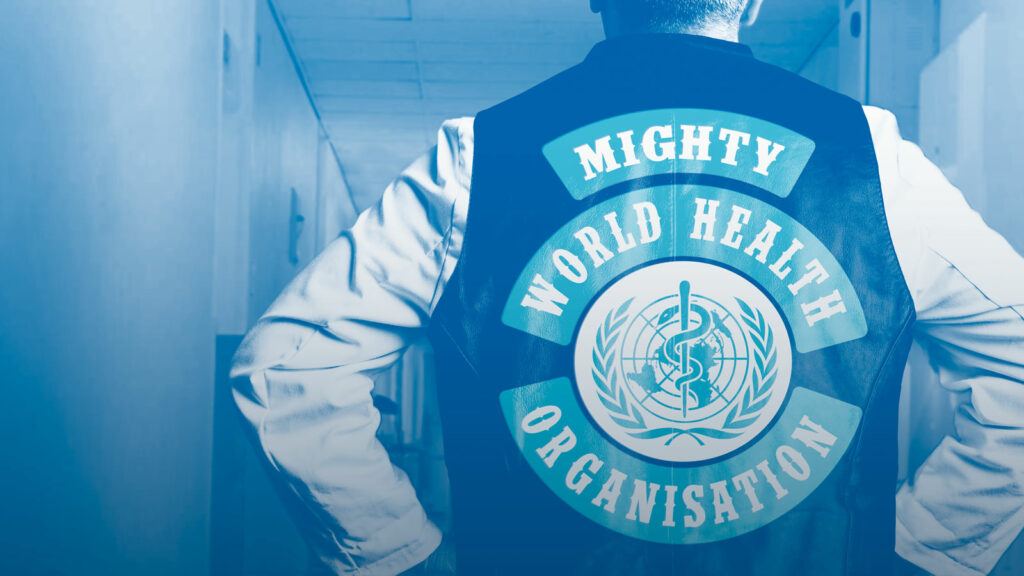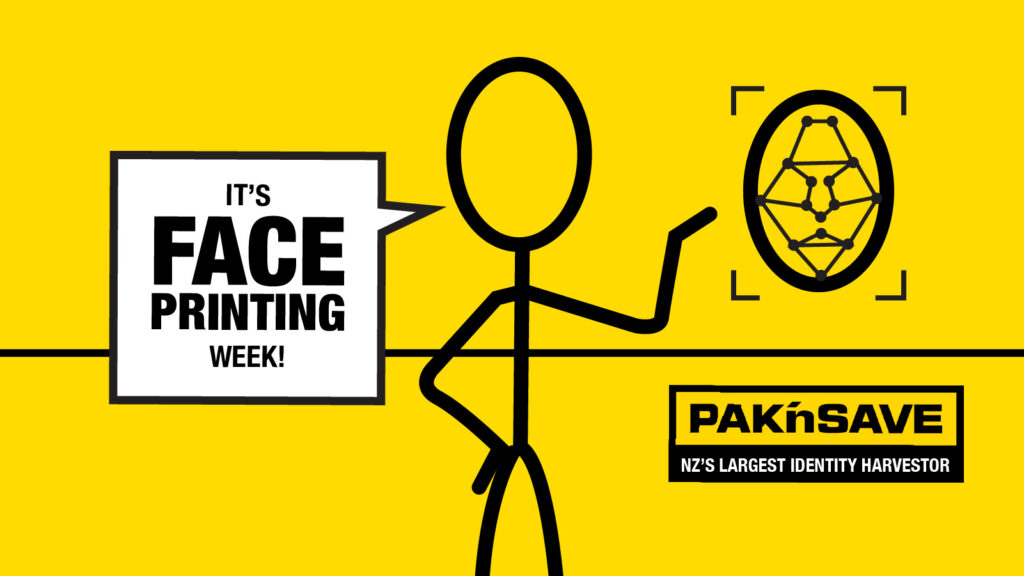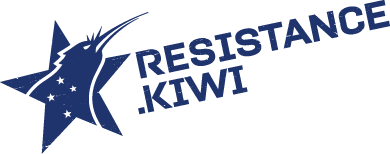Guest Author: Keri Molloy
Governments are being lined up – while spectators know very little about what is really going on.
Any nation that signs up to the World Health Organisation’s proposed global health measures is offering up its citizens to the whims of unelected globalist executives.
NZ First leader Winston Peters expressed his concerns recently, to be shot down by Stuff’s ‘The Whole Truth’ fact checkers
No, the WHO isn’t about to deprive NZ of its sovereignty – they report.
But buried in the body of this article, Stuff writer Katie Kenny slips in the overriding and crucial sentence:
“New Zealand must uphold an international treaty the country has signed if the government has ensured it is law in our country.”
In a nutshell, if a government agrees to the WHO’s treaty and enacts legislation accordingly, the treaty will be legally binding.
To recap, the WHO is driving a global treaty on pandemic prevention, preparedness and response and has drafted amendments to International Health Regulations (IHR).
The WHO says: “The claim that proposed amendments to the IHR would allow the WHO to unilaterally enforce lockdowns and remove sovereignty from governments is false. Experts say while the amendments are designed to strengthen the WHO’s ability to detect and declare health emergencies, they do not give it the power to force lockdowns within sovereign nations.”
No wonder people are confused.
While governments are being groomed to sign the treaty, the amendments will simply be approved by unelected delegates
Stuff tells us that in New Zealand standard treaty-making processes will be applied, including a Cabinet mandate, Parliamentary treaty examination and Select Committee processes.
Critics say the IHR amendments stand to:
- Change IHR recommendations from “non-binding” to legally binding such that all member countries must obey and implement them.
- Create requirements for digital vaccine passports that will be used to restrict access and travel as the WHO sees fit.
- Require surveillance of online information and suppression of information deemed misinformation and disinformation.
- Allow the WHO Director General to declare an emergency at will.
- Require nations to use certain medications while prohibiting the use of others during emergencies.
In fact, the WHO is giving itself wriggle room by claiming it is not undermining the sovereignty of its member states.
Picture this: our government signs up to the treaty and our delegates approve the new health regulations – then what?
When the WHO’s director general says – you may not visit your children in Australia, you must close your business, you must not leave your home, you must be held in a quarantine camp, you may not attend your mother’s funeral, you must be vaccinated to partake in society, your child must be masked – they can say; it’s not us who is imposing these rules, your government wanted us to tell you what to do.
And the WHO can’t wait to put their measures in place.
The co-chair of its Global Preparedness Monitoring Board (GPMB) has proposed running a simulation exercise before implementing the proposed instruments.
“We feel very strongly that we cannot wait for the next emergency to find out how well the pandemic accord and the IHR amendments will work.”
And for something really eerie and, frankly, terrifying, listen to Abdullah Assiri, co-chair of the Working Group for the amendments to the International Health Regulations (WGIHR), speaking at last week’s World Health Assembly about the need for pandemic control efforts; Prioritising actions that may restrict individual liberties are necessary during a pandemic, he says.
(Note that New Zealand’s Ashley Bloomfield co-chairs this same committee.)
The WHO Director-General Tedros Adhanom Ghebreyesus said in Geneva last week, “We cannot mince words: the idea that this accord will cede authority to WHO is simply fake news. This is an accord by member states, for member states, and will be implemented in member states in accordance with their own laws.”
Exactly.
Now indigenous people can be very afraid.
The World Health Assembly last week approved an unprecedented resolution on the health of indigenous peoples, which requests the Director-General to develop a global action plan for the health of indigenous peoples and to present it to the World Health Assembly in 2026.
While the WHO wants to protect the world, it seems the world needs protection from the WHO.
SOURCES
NZ First leader Winston Peters tweeted.
Negotiations earlier this year.
The WHO’s 32-page draft, called a “zero draft”
The Ministry of Health has been proactively releasing relevant documents.
“The institutional provisions could also include an independent expert scientific group with powers to request information, investigate emerging risks and make recommendations.”
(Remember Michael Baker:”…the number one thing of course is to get vaccinated. We know that means having two doses plus another two weeks after that to get fully protected.” And Siouxie Wiles? : “…the more of us that are fully vaccinated the better protected we will all be.”)
The public was invited to have a say. The paper supports the One Health concept and a strengthened and more independent WHO.
The proposed IHR amendments: Article-by-Article Compilation of Proposed Amendments to the International Health Regulations (2005) submitted in accordance with decision
Delegates consider critical areas “The IHR are an instrument of international law that is legally-binding on 196 State Parties, including the 194 WHO Member States. Countries are in the driving seat of this process as they need to implement the IHR, deliver on the obligations, and make the key decisions needed to respond to public health threats.”
Consent to be bound: A State can express its consent to be bound by a treaty in several ways, as specifically set out in the final clauses of the relevant treaty. The most common ways are: definitive signature, ratification, acceptance, approval, and accession. The three terms ratification, acceptance and approval all mean the same thing, particularly when used following “signature subject to….” Member States may use one or another of these terms in their documentation, but in international law they all mean the same thing – that the State has agreed to become a party and thus be bound by the treaty upon its entry into force. Signing a treaty is one of the most common steps in the process of becoming party to a treaty. However, simply signing a treaty does not usually make a State a party, although in some cases, called definitive Fact Sheet #5 signature, it might. A State does not take on any positive legal obligations under the treaty upon signature. Signing a treaty does, however, indicate the State’s intention to take steps to express its consent to be bound by the treaty at a later date. Signature also creates an obligation on a State, in the period between signature and ratification, acceptance or approval, to refrain in good faith from acts that would defeat the object and purpose of the treaty.
What is a treaty:‘A treaty is an international agreement between countries or international entities (eg the United Nations, World Trade Organisation, or World Bank) that’s legally binding under international law. In New Zealand, the power to enter into or withdraw from a treaty sits with the Executive (in practice this is the Prime Minister and Cabinet).”
To get a comprehensive picture of the implications of the WHO’s campaign, watch John Cambell and James Roguski
Blockchain: https://www.weforum.org/agenda/2022/09/blockchain-solution-for-failing-global-healthcare
Original article:
https://kerimolloy.substack.com/p/the-who-passes-the-baton
